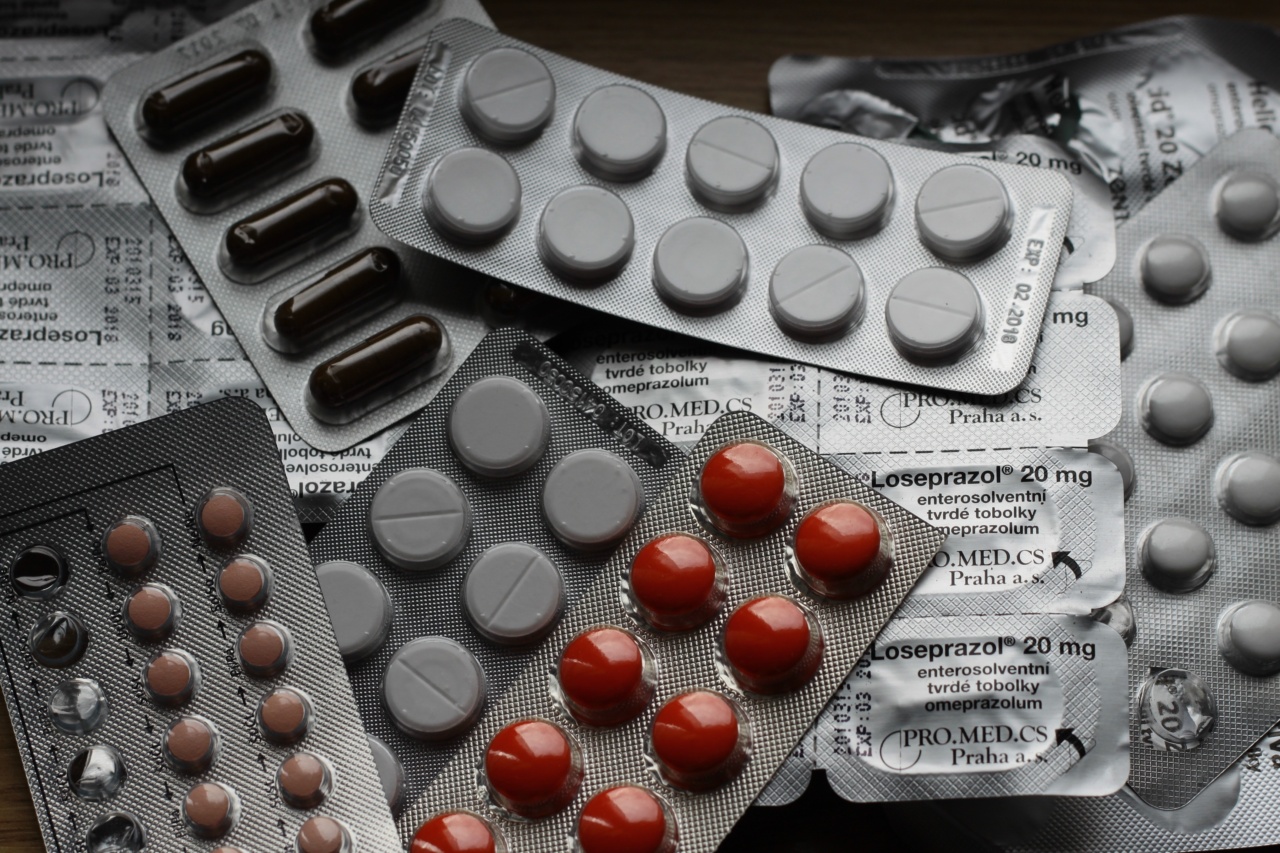Phenylketonuria (PKU) is a rare genetic disorder characterized by the inability to properly break down an amino acid called phenylalanine. This condition affects approximately 1 in every 10,000 to 15,000 newborns worldwide.
Understanding Phenylketonuria
PKU is caused by a defect in the gene responsible for producing an enzyme called phenylalanine hydroxylase (PAH). This enzyme is necessary for the conversion of phenylalanine into tyrosine, another amino acid essential for various bodily functions.
In individuals with PKU, the PAH enzyme is either partially or completely non-functional. As a result, phenylalanine builds up in the blood and brain, leading to a variety of symptoms and complications.
Symptoms of Phenylketonuria
The symptoms of PKU can vary from mild to severe and may include:.
- Intellectual disability
- Delayed development
- Behavioral problems
- Seizures
- Musty odor in breath, skin, or urine
- Hypopigmentation (lighter skin, hair, and eyes)
Diagnosing Phenylketonuria
The early detection of PKU is crucial in preventing long-term health issues. Most countries have implemented newborn screening programs to identify infants with the condition.
During this screening, a blood sample is usually taken from the baby’s heel within a few days after birth.
If the initial screening suggests PKU, further testing is conducted to confirm the diagnosis. This may involve a blood test to measure the levels of phenylalanine in the blood.
Genetic testing is also performed to identify specific mutations in the PAH gene.
Treatment Options for Phenylketonuria
While PKU has no cure, early intervention and lifelong management can significantly improve outcomes for individuals with the condition. The primary treatment for PKU involves a strict dietary regimen aimed at limiting phenylalanine intake.
Phenylalanine-Restricted Diet
The cornerstone of PKU treatment is a phenylalanine-restricted diet. This diet involves consuming foods low in phenylalanine while ensuring adequate intake of other essential nutrients.
Phenylalanine is mainly found in protein-rich foods, such as meat, fish, eggs, dairy products, nuts, and beans.
Individuals with PKU must follow this diet strictly to maintain phenylalanine levels within a safe range. Regular monitoring of blood phenylalanine levels is essential to adjust the diet as needed.
Nutritional supplements are often used to ensure sufficient intake of other amino acids, vitamins, and minerals.
Medication to Aid Phenylalanine Metabolism
In some cases, medication may be prescribed as an adjunct to the dietary regimen. Sapropterin dihydrochloride, also known as Kuvan, is an FDA-approved drug that can help enhance the activity of the PAH enzyme, allowing better phenylalanine metabolism.
However, Kuvan is only effective in a subset of individuals with PKU who have specific genetic mutations. Genetic testing is necessary to determine whether someone may respond to this medication.
Monitoring and Support
Regular monitoring of phenylalanine levels is essential throughout an individual’s life to ensure proper management of PKU.
This involves periodic blood tests and frequent clinic visits to evaluate dietary compliance and adjust the treatment plan accordingly.
Psychological support and counseling are also vital for individuals and families affected by PKU. The strict dietary restrictions and potential cognitive challenges associated with the condition can have a significant impact on quality of life.
Therapy, support groups, and educational resources can help individuals cope with the emotional and social aspects of PKU.
Emerging Treatments and Research
Researchers are continually exploring new treatments and interventions for PKU. Some promising avenues include gene therapy, enzyme replacement therapy, and the use of alternative pathways to metabolize phenylalanine.
Gene therapy aims to correct the underlying genetic defect responsible for PKU by introducing functional copies of the PAH gene into affected cells.
While still in the experimental stages, this approach holds great potential for a curative treatment in the future.
Enzyme replacement therapy involves introducing a functional form of the PAH enzyme into the body to compensate for the deficient or non-functional enzyme.
This approach has shown promise in some preclinical studies but is not yet available for widespread use.
Conclusion
Phenylketonuria is a rare genetic disorder characterized by the inability to properly metabolize phenylalanine. Early diagnosis through newborn screening programs and lifelong management through diet and medication are crucial for optimal outcomes.
While a phenylalanine-restricted diet remains the primary treatment option, ongoing research and emerging therapies offer hope for improved treatments and potentially even a cure for PKU in the future.




























